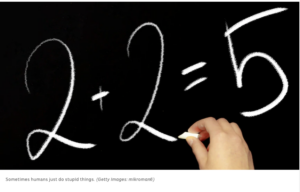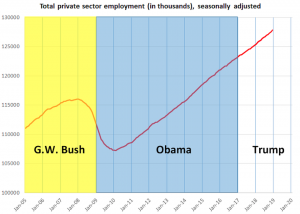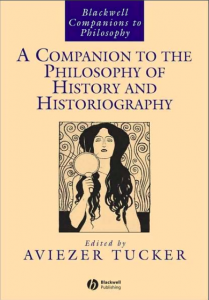The fallacy of the circular proof is a species of a question-begging, which consists in assuming what is to be proved. . . . [I]t is exceedingly common in empirical scholarship. (Fischer, 49)
(Note that this expression is different from its misuse elsewhere to mean “this raises [or suggests] the question . . .”; here it has a specific, philosophical import.) — Newall, 264
Begging the question (or petitio principii) occurs when the conclusion of an argument is used to demonstrate it, thereby achieving a circular proof. (Newall, 264)
Fischer offers a silly example to illustrate.
A researcher asks, “Do gentlemen prefer blondes?” He discovers that Smith, Jones, and James prefer blondes, and tacitly assumes that Smith, Jones, and James are therefore gentlemen. He concludes that three gentlemen out of three prefer blondes, and that the question is empirically established, with a perfect correlation. His argument runs through the following stages :
Inquiry : Do gentlemen prefer blondes?
Research : Smith, Jones, and James prefer blondes.
(Tacit Assumption) : Smith, Jones, and James are gentlemen.
Conclusion: Therefore, gentlemen prefer blondes.
Here are some other examples I’ve considered. Let me know if I have made mistakes or if you have others to add.
Inquiry: Has Trump been a good manager of the US economy?
Research: The GDP has increased under Trump’s presidency.
(Tacit Assumptions): Trump’s policies have been responsible for its growth and there are no negatives in the economy that outweigh the positive figures.
Conclusion: Therefore, Trump has been a good manager of the US economy.
– – – o – – –
Inquiry: Should Trump encourage people to try hydroxychloroquine as a cure for COVID-19?
Research: Trump and others say they have heard that many people have tried it and been cured of COVID-19.
(Tacit Assumption): The stories one has heard are all genuine and hydroxychloroquine was responsible for the cures and there have been no negative experiences with hydroxychloroquine.
Conclusion: Therefore, Trump should encourage people to try hydroxychloroquine as a cure for COVID-19.
– – – o – – –
Inquiry: Is the lockdown response an overreaction to the COVID-19 threat?
Research: I and other people I know are sensible and will keep social distancing advice without a lockdown.
(Tacit Assumption): the lockdown is an overreaction because everyone is like me and we can contain the COVID-19 spread without a lockdown
Conclusion: Therefore, the lockdown is an overreaction.
– – – o – – –
Inquiry: Is it a historical fact that Judas betrayed Jesus?
Research: It is unthinkable that the early church would make up a story of one of the inner Twelve betraying Jesus.
(Tacit Assumption): There was a historical Jesus with a historical Twelve disciples whom he trusted and the early church was dedicated to recording the historical facts.
Conclusion: Therefore it is a historically reliable tradition that Judas betrayed Jesus.
– – – o – – –
Inquiry: Did Jesus exist?
Research: No Jew would have made up a story about a crucified itinerant preacher being the Davidic messiah.
(Tacit Assumption): Jesus was historically an itinerant preacher who was crucified yet still believed by his followers to be the Davidic messiah.
Conclusion: Jesus existed. Continue reading “Logical Fallacies of Historians: Begging the Question”
Like this:
Like Loading...







